Science
The exploration of the world we live in has raised fundamental questions and led to elaborate explanations across time and across societies and continents. In this theme ideas put forward in the pursuit of organised science are explored, the impact of those ideas and the changes they may have led to are discussed. Key individuals in the development of scientific thought are studied and ideas around how science has affected history and human development are addressed.
Sort by:
Date (Newest first) | Title A-Z
Show:
All |
Articles |
Podcasts |
Multipage Articles
-
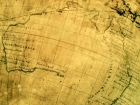
Joseph Banks and his travelling plants, 1787-1810
ArticleClick to view -

Tank development in the First World War
ArticleClick to view -

The Victorian Age
ArticleClick to view -
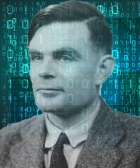
Podcast: The Life and Significance of Alan Turing
ArticleClick to view -

Filmed Interviews: The Women of Bletchley Park
Multipage ArticleClick to view -
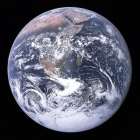
Ideas on the Shape, Size and Movements of the Earth - Pamphlet
ArticleClick to view -

Podcast Series: The Renaissance
Multipage ArticleClick to view -

Podcast Series: The History of Science
Multipage ArticleClick to view -

Podcast Series: Charles Darwin
Multipage ArticleClick to view -
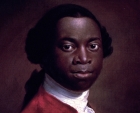
Podcast Series: Diversity in Early Modern Britain
Multipage ArticleClick to view -

The mechanical heroes of the Battle of Britain
ArticleClick to view -
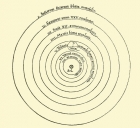
Copernicus and the Reformation of Astronomy
ArticleClick to view -

GCSE Topic Pack: Medicine through Time
Multipage ArticleClick to view -
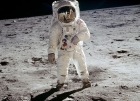
Polychronicon 137: Bringing space travel down to Earth
ArticleClick to view -

Religion and Science in the Eighteenth Century
ArticleClick to view

